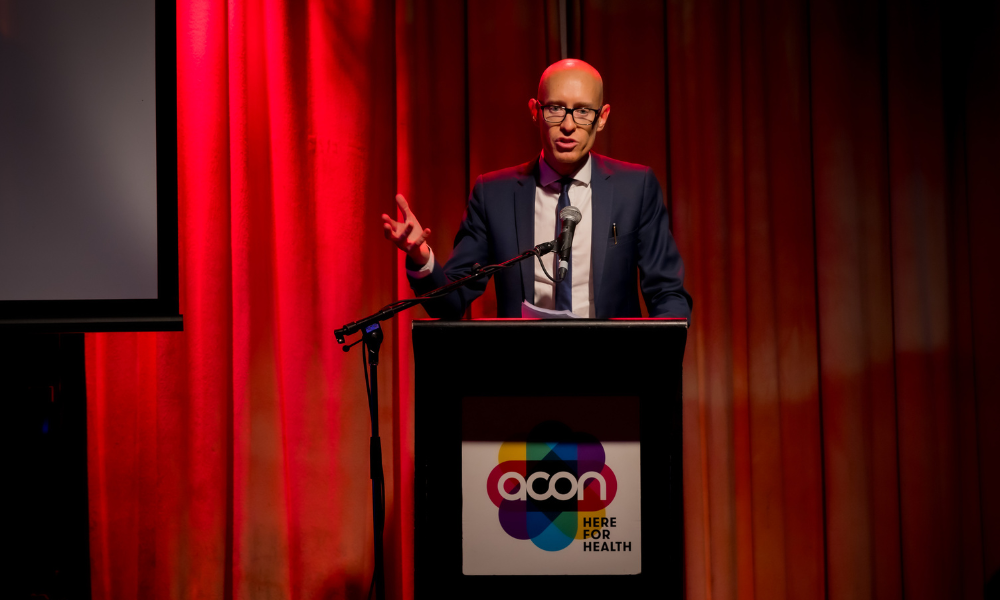
Nicholas Stewart shares about three significant LGBTQ+ cases he's played a role in

Nicholas Stewart is not content to let the past stay in the past, especially where LGBTQ+ murders and hate crimes are concerned.
He has launched parliamentary inquiries and a Special Commission of Inquiry into historical LGBTQ+ hate crimes, which are helping to bring offenders and institutions into account and allowed cases to be re-opened – outcomes that reflect a major progression in achieving truth and justice for the community.
In the second part of this interview, Stewart details three notable LGBTQ+ cases he’s worked on, and the government post that got him into law.
I had completed a commerce degree and worked for banks but ended up in a policy role in the NSW Government and took a liking to statutory interpretation. My dad was a non-practising lawyer who worked in superannuation compliance, and I think my realisation that I should go into law came at a time when my work was moving into the policy space and I could talk more to my dad about the law and jurisprudence.
Many of our cases are noteworthy but most can’t be spoken about because of their sensitive nature. Having said that, we acted for four gay NSW Police officers who sued the NSW Police Force for homosexual discrimination after they were unlawfully targeted because of an anonymous complaint which alleged that they were drug users because gay men engage in drug use. Another notable case was our successful criminal defence of a young person charged with sexual offences while in high school – the allegations were that she sexually assaulted her girlfriend but because her girlfriend was a child, she could not consent (and alleged that she in fact did not consent). We acted in the Children Court of NSW at first instance and obtained not guilty verdicts on 6 out of 8 charges. We then acted in an appeal to the District Court and obtained a further not guilty finding, leaving one conviction remaining.
Several years later, fresh evidence became available which gave rise to reasonable doubt as to our client’s guilt in relation to the remaining offence, and we ran an appeal in the NSW Court of Criminal Appeal, seeking to have our client acquitted of that conviction. The court ordered that the conviction be quashed, and the matter returned to the Local Court for re-trial. Our client had already served her sentence (in the community) and we then made representations to the NSW DPP that the prosecution be permanently stayed. The NSW DPP agreed, and our client is now free.
Another notable matter is Dowson Turco’s work to bring about truth and justice for the LGBTQ+ community in relation to historical LGBTQ+ murders and hate crimes. I worked hard to establish of two parliamentary inquiries and the recent (Judicial) Special Commission of Inquiry into historical LGBTQ+ hate crimes.
These inquiries have been pivotal in holding institutions (and some identified offenders) accountable for their conduct. New evidence has led to re-opened cases and the community is hopeful that more prosecutions will follow.
The outcomes of these inquiries represent a significant step towards achieving truth and justice for our LGBTQ+ community. They have highlighted the extent of violence and discrimination faced by LGBTQ+ individuals, addressing cases that had previously been ignored or inadequately investigated. Reflecting on this work, I am struck by the number of lost opportunities to bring offenders to justice. Many perpetrators who have operated with impunity for years either evaded the justice system or passed away before facing legal consequences. The inquiries have not only emphasised these gaps but have also underscored the importance of continued vigilance and advocacy to ensure that such injustices are addressed and that the victims' stories are heard.